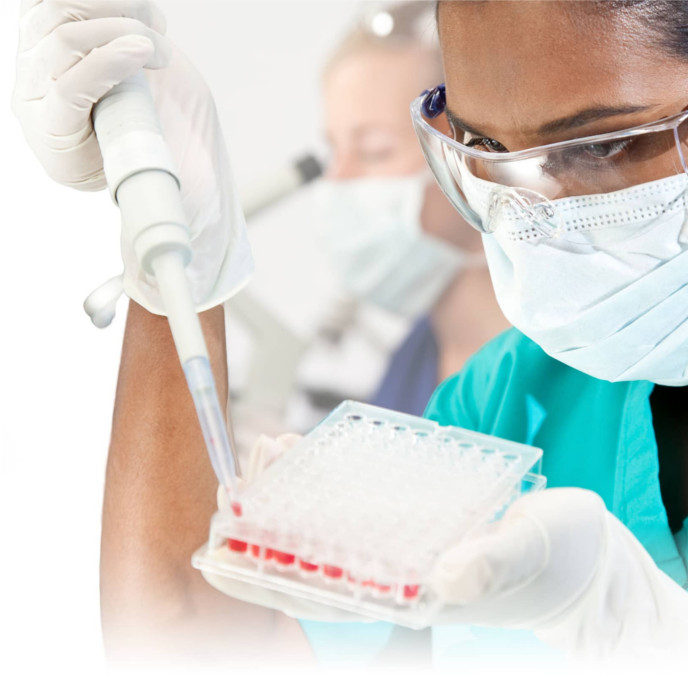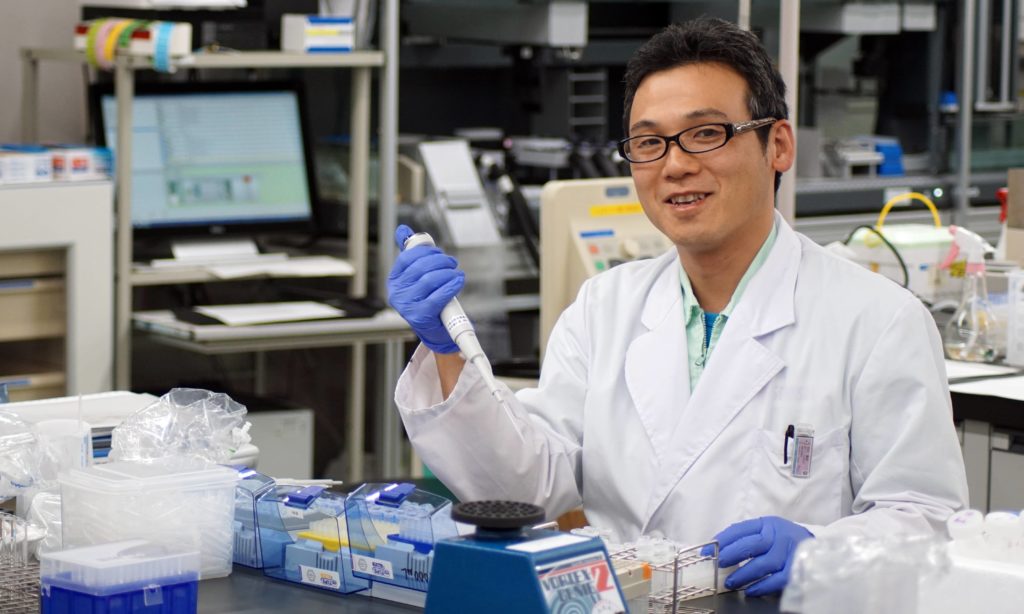
RadioReceptor Assay (RRA) to Investigate Competitive Binding
You can now request quotes for our research services on BioIVT.com!
Whether you need a single assay or a complete ADME program, BioIVT’s experts will help design and implement the appropriate studies for your drug and research objectives. View BioIVT’s comprehensive portfolio of ADME research services.
Our in vitro pharmacology study offerings include RadioReceptor binding assays evaluating receptor-ligand interactions to assess safety pharmacology parameters for small molecule drugs. The radioreceptor assay is a competitive binding assay, in which the binder is a membrane or tissue receptor, measuring the inhibition ratio of the hot ligand binding to the receptor to evaluate the affinity of a test compound to various receptors.

Our Approach to RadioReceptor Assays
Through our partners, we offer different packages to assess the affinity to each receptor and to predict the effect on each receptor. If a high affinity to a certain receptor is found, we can carry out the evaluation of affinity (IC50 and/or Ki) with comparison to known drugs and further investigation with subtypes of certain receptors.
RRA Procedure
The positive substances, tracers, and receptors must be prepared and loaded into a cell harvester (Brandel M-30R or Perkin-Elmer Unifilter-96 Harvester). The samples are then washed, measured and the radioactivity is analyzed on a Perkin-Elmer liquid scintillation counter or gamma counter.
Competitive Ligand / Protein Binding Study Design & Results
- Determination of % inhibition for each receptor
- Analysis of radioactivity by scintillation counting
- Control inhibitor included
RadioReceptor Assay Package Options
There are over 260 different receptor assays offered in convenient screening packages of predetermined receptors for testing, or which can be selected a la carte. We have restructured and expanded our package options to span Exploratory to Exhaustive profiling needs to give you the best selection of assays to identify ligand-binding properties of your test compound. Newly restructured package options include pre-grouped profiling receptor screening assays of various subtypes and systems, pharmacological packages with 50, 60 or 70 pharmacologically-relevant receptors, and a custom a la carte option to tailor a package to fit more unique compounds.
